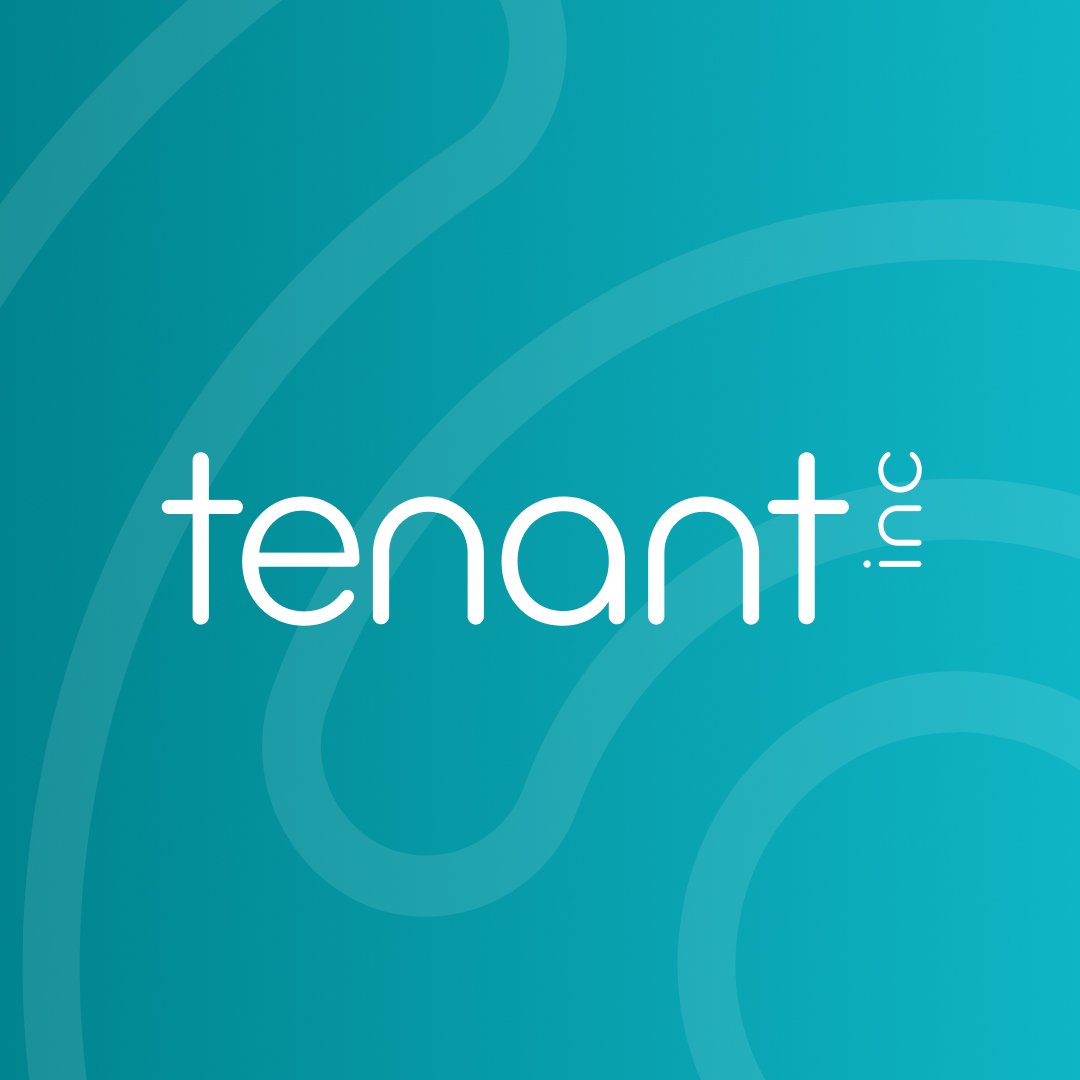
There are four main life events that drive people toward using self storage: death, divorce, dislocation, and downsizing.
None of these are particularly bright reasons for a person to need self storage, but during those times, self storage provides the most affordable way to store belongings that would otherwise be lost.
Understanding these reasons that drive your tenants to your properties can help you better position your services and offerings to better serve those customers.
Death
When a person passes away, they clearly no longer need to worry about their belongings, but their loved ones do.
It’s difficult enough to lose a loved one, but often it comes with responsibilities, including going through their stuff. Your tenants will need to empty their loved one’s appartment at one point, while balancing their own responsibilities and one way to ensure they have the time to do all this is to rent a storage space. This gives them the tiem to box up their things, put them in storage, and then go through them at a time that works for them.
What about a situation where someone dies and still has a storage space, what happens to it when they pass away? Hopefully, someone in the family has the gate code and their key. If not, they’ll need to provide legal paperwork, as storage properties can’t unlock a space for someone without it.
For them to get into their loved one’s space, they need to obtain the legal death certificate and a court letter saying they’re allowed to access the space. Meanwhile, the former tenant’s family member will need to take over the rent on the space. Otherwise, the property will place a lien against the space (the amount of time depends on the state). Shortly after, it will go to auction.
Operators using our property management system, Hummingbird, have an ability that not many other self storage software offers: the ability to pause the delinquency process to give these tenants more time to clear out their space in the event of a death.
Downsizing
“Downsizing” covers many of the reasons people rent self storage.
The most clear example of downsizing is moving from a larger home to a smaller home. This happened, in mass during the height of the COVID-19 pandemic. Many people that weren’t earning as much as they had before needed to move into smaller homes due to their shrinking, or non-existant, wages.
To keep their new places from becoming overly cluttered, many rented self storage spaces.
Another reason that falls into the downsizing category includes seasonal clothing.
People often put their off-season clothes and sports equipment in storage. At some point, they realize these things are taking extra space during a time of the year when they don’t need them. So, during the winter, they store their summer clothes and sports gear, and during the summer, they put away their heavy coats, boots, and skis.
In addition, business owners may find their homes, offices, or stores are filling up with inventory, displays, and tools. A storage unit provides extra room for them to keep such items until they need them.
Divorce
Divorce is one of the most difficult experiences that many will go through. Nearly 50% of marriages in the U.S. end in divorce. The law firm of Wilkinson & Finkbeiner presents divorce statistics from over 115 studies on the topic, if you’d like to learn more, including statistics related to COVID-19, the countries with the highest divorce rates, and how often divorce takes place in the U.S.
In most cases, divorce results in one of the partners moving out of the home, and what was once one household, becoming two.
For many, self storage helps the them keep their belongings somewhere safe and out of the way so they don’t have to remain in the old home or clog up one of the new homes that one of the partners is moving into.
Dislocation
We mentioned how many people had to move to smaller homes during the covid pandemic and ended up downsizing. That’s one type of dislocation. Another is becoming homeless.
For many, losing one’s home is a real possibility, and when it happens, it causes a lot of problems. Perhaps the least of these is what to do with all their stuff, but that’s still a big issue. Self storage can be a big help, giving them somewhere to keep their belongings at an affordable price while they figure out where to live.
Other dislocation types include moving to a distant place, perhaps another state. Tenants may do this for a new job, because they’re in the military and get relocated, to get out of a bad neighborhood, or to move somewhere their children can get a better education. Self storage can help tremendously both in their city of origin and at their destination, giving them a place to keep their things while they sort through them.
We hope this helps you not only understand the four D’s of self storage. Remember that during good times and bad, self storage is here to help.



.png)
